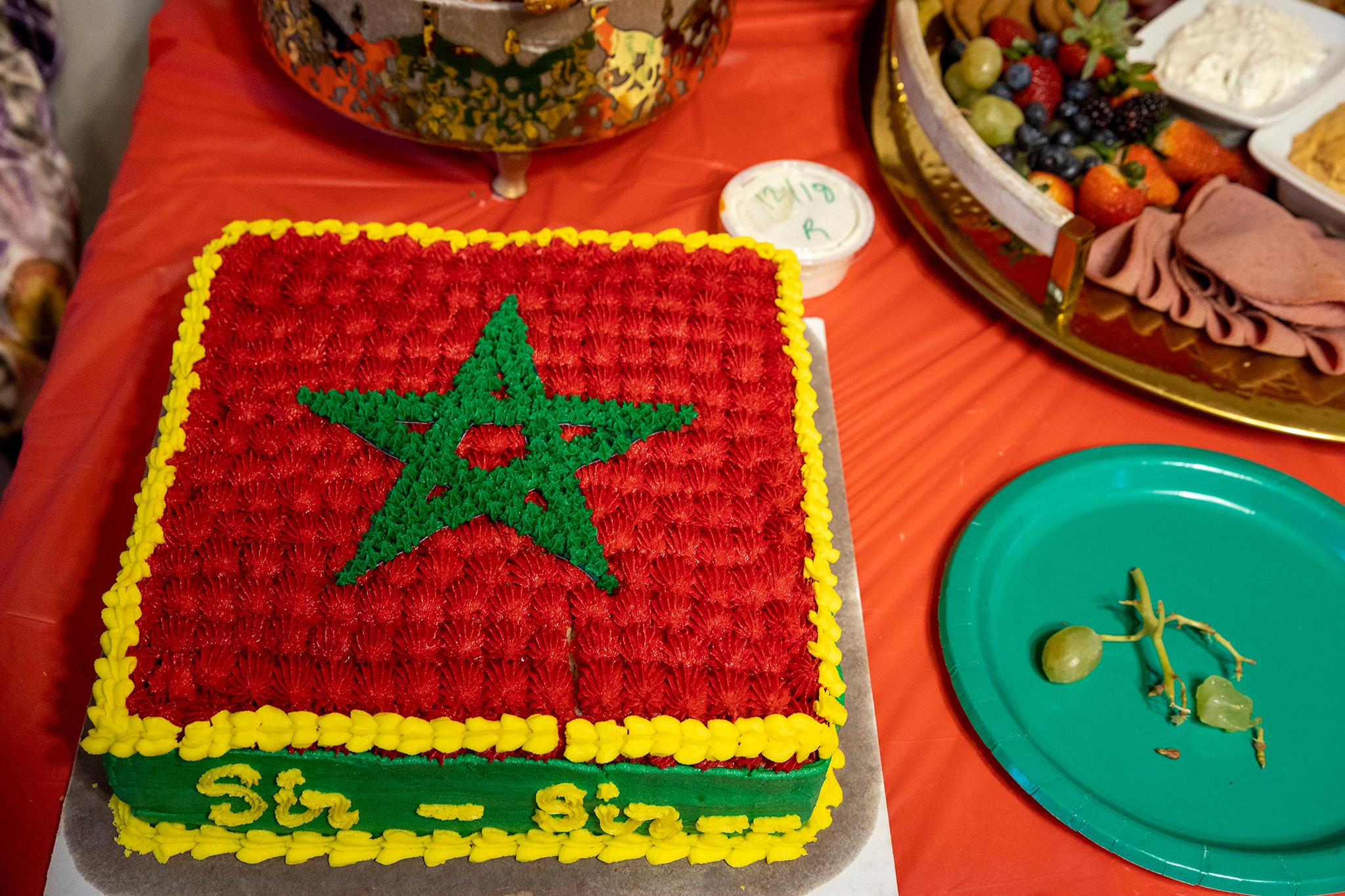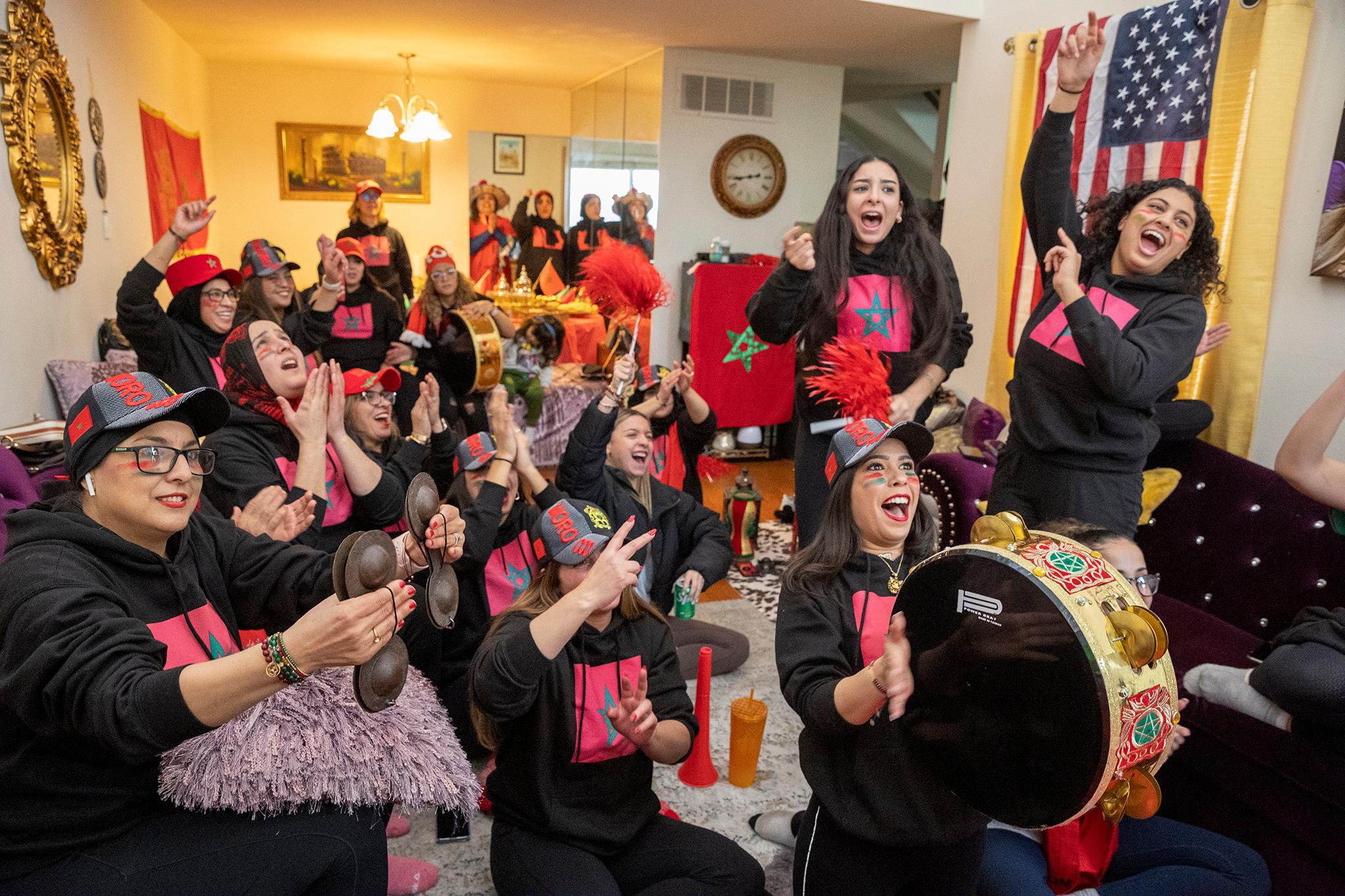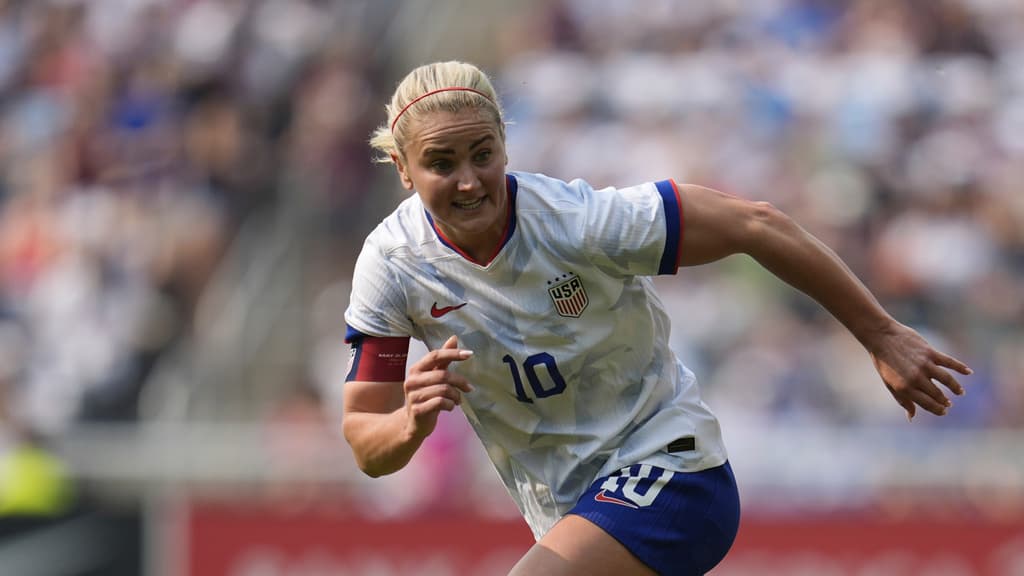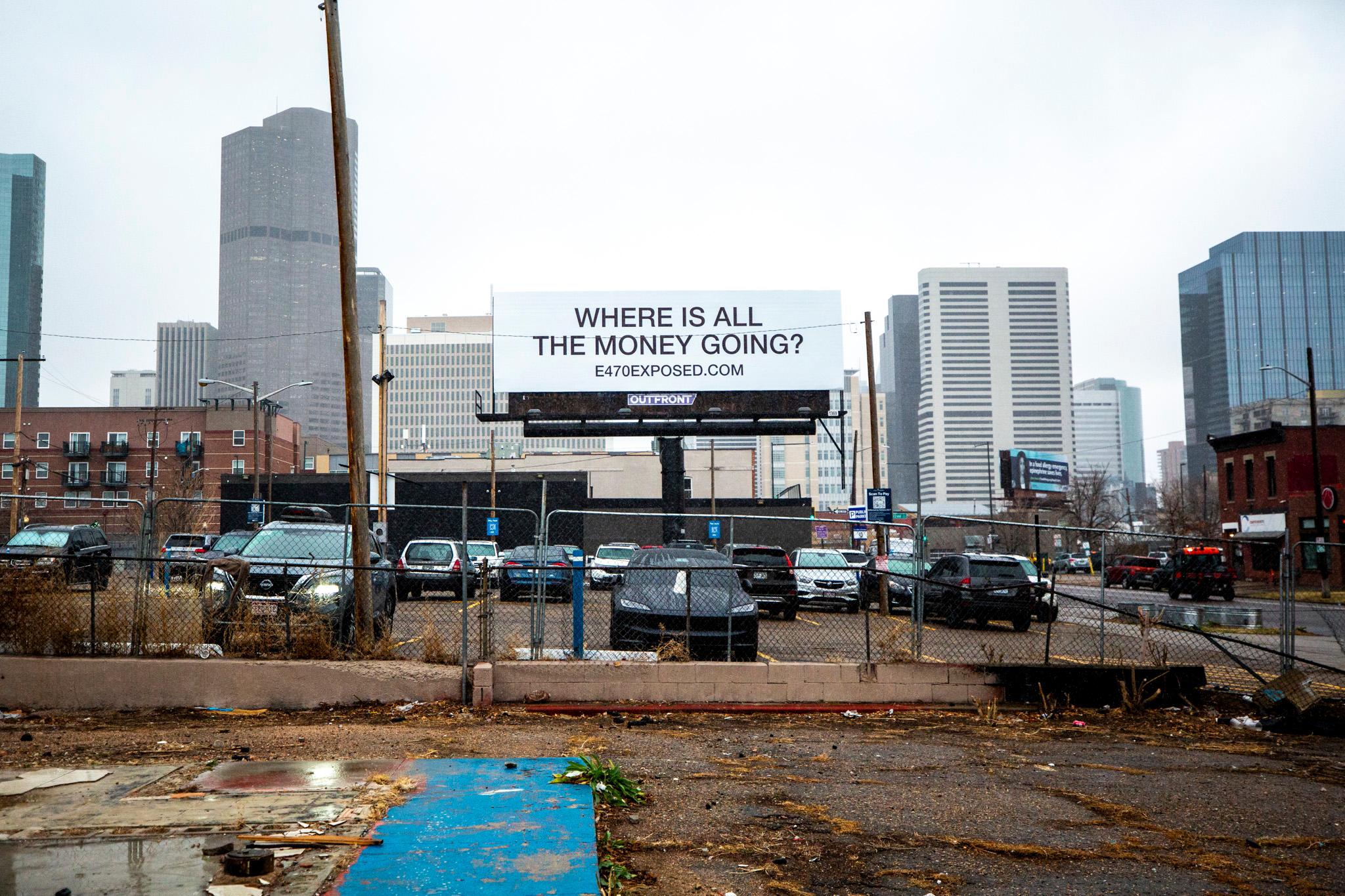At the 2nd Home Community in Denver on Wednesday, bagrirs, a type of pancake, bore the Moroccan flag. The common area was filled with the generations of Moroccans filled with joy over the North African nation's stunning World Cup performance and anticipation, as they took the field to do what no team from the African continent had accomplished before: play a World Cup semifinal.
The Moroccan national team, the Atlas Lions, had slayed perennial juggernaut Spain, dethroned soccer royalty Cristiano Ronaldo, and were facing off with the defending champs, France.
No matter the outcome, a team halfway around the globe had sparked pride on the Front Range.
"People have been texting and calling me because they know where I'm from," Ednan 'Andy' Bouyad said. He emigrated from Morocco to the United States in 1993 as a boy. "It's like, "Hey man, Andy! We're rooting for Morocco. We're rooting for Morocco."
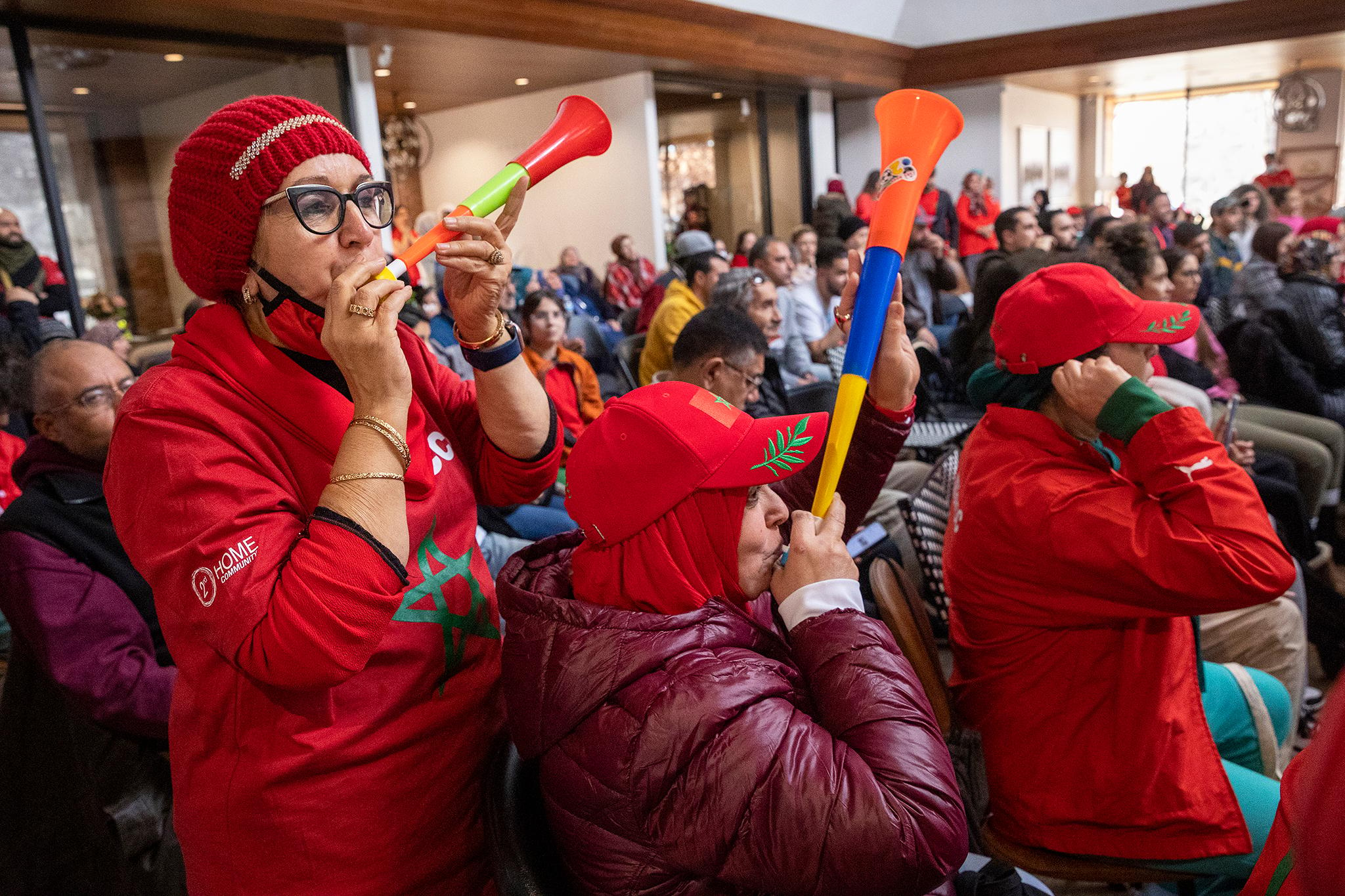
The adult-care center has hosted watch parties for Morocco's matches throughout the team's historic run in the tournament.
"We have clients that are Moroccans. We have employees that are Moroccans, and there's a group online that is known as Moroccan Group in Denver," said Haneen Omar, the founder and CEO of the center.
And while everyone was wearing red and green, not everyone was Moroccan.
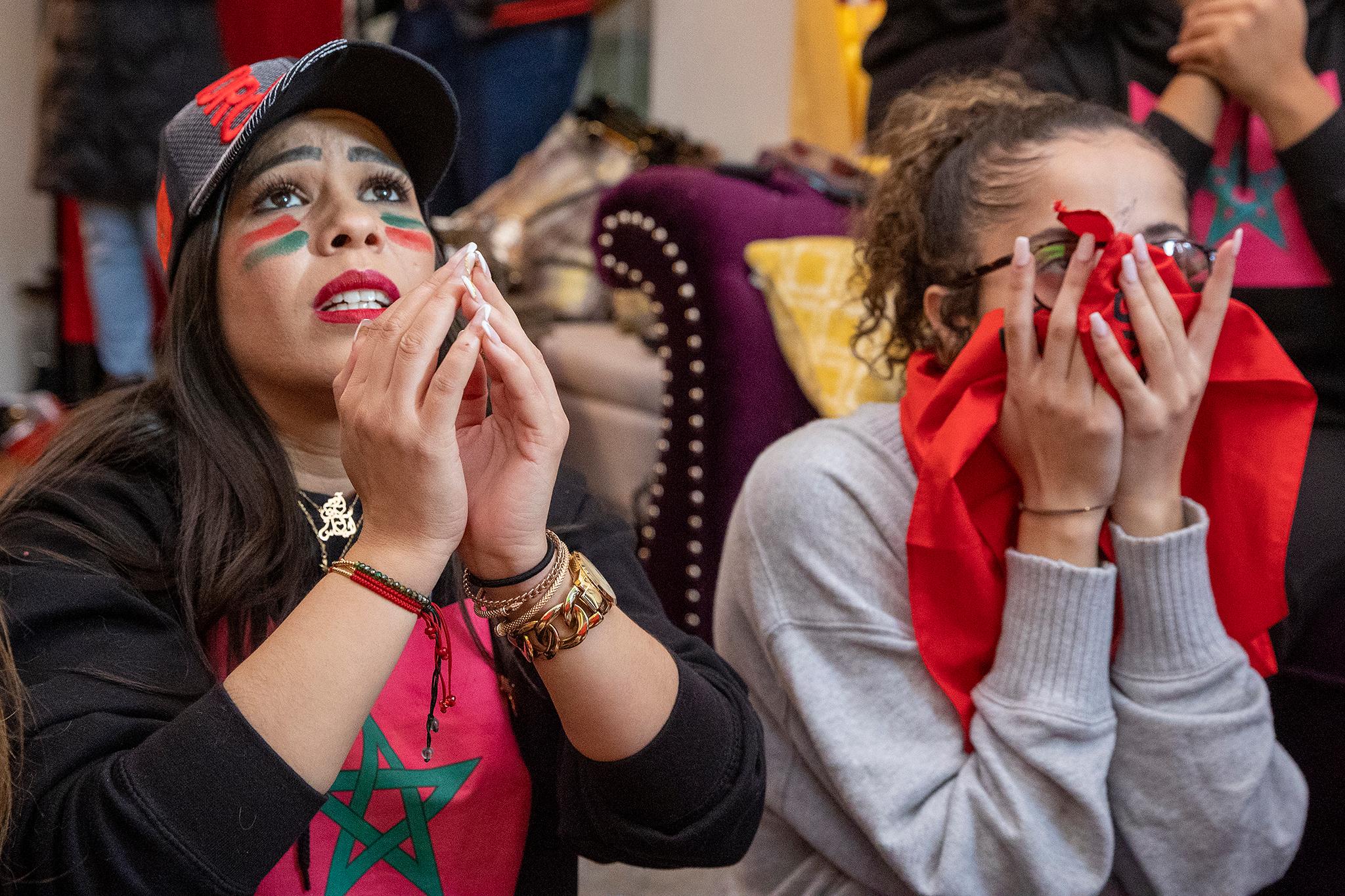
"I'm from Iraq, but right now I'm with Morocco," Laith Rabia said. "I am Moroccan! All the Arab countries support the Morocco team."
For many people like Rabia, Morocco's presence in the World Cup represents more than just one nation. Twelve-year-old Rayah Ziyade is of Palestinian descent.
"I'm really passionate for Morocco and I really hope they win because it would make history for the first North African, Muslim and Arab country," she said.
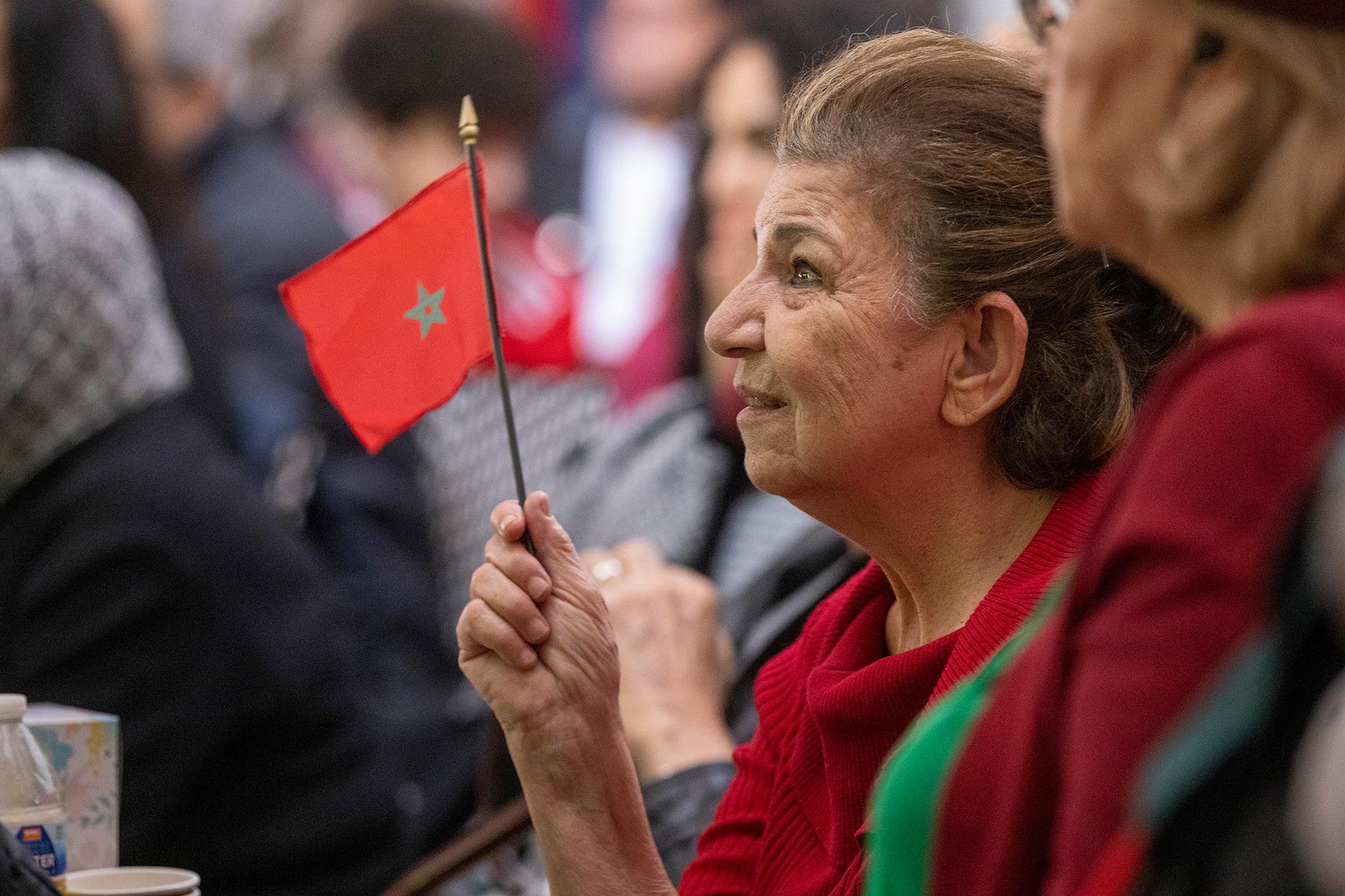
Ziyade is a seventh grader at Crescent View Academy, a private Islamic school in Aurora. She says she and her classmates have really gotten into the World Cup spirit during Morocco's run.
"It'll make history for everybody, not just Palestine," she said.
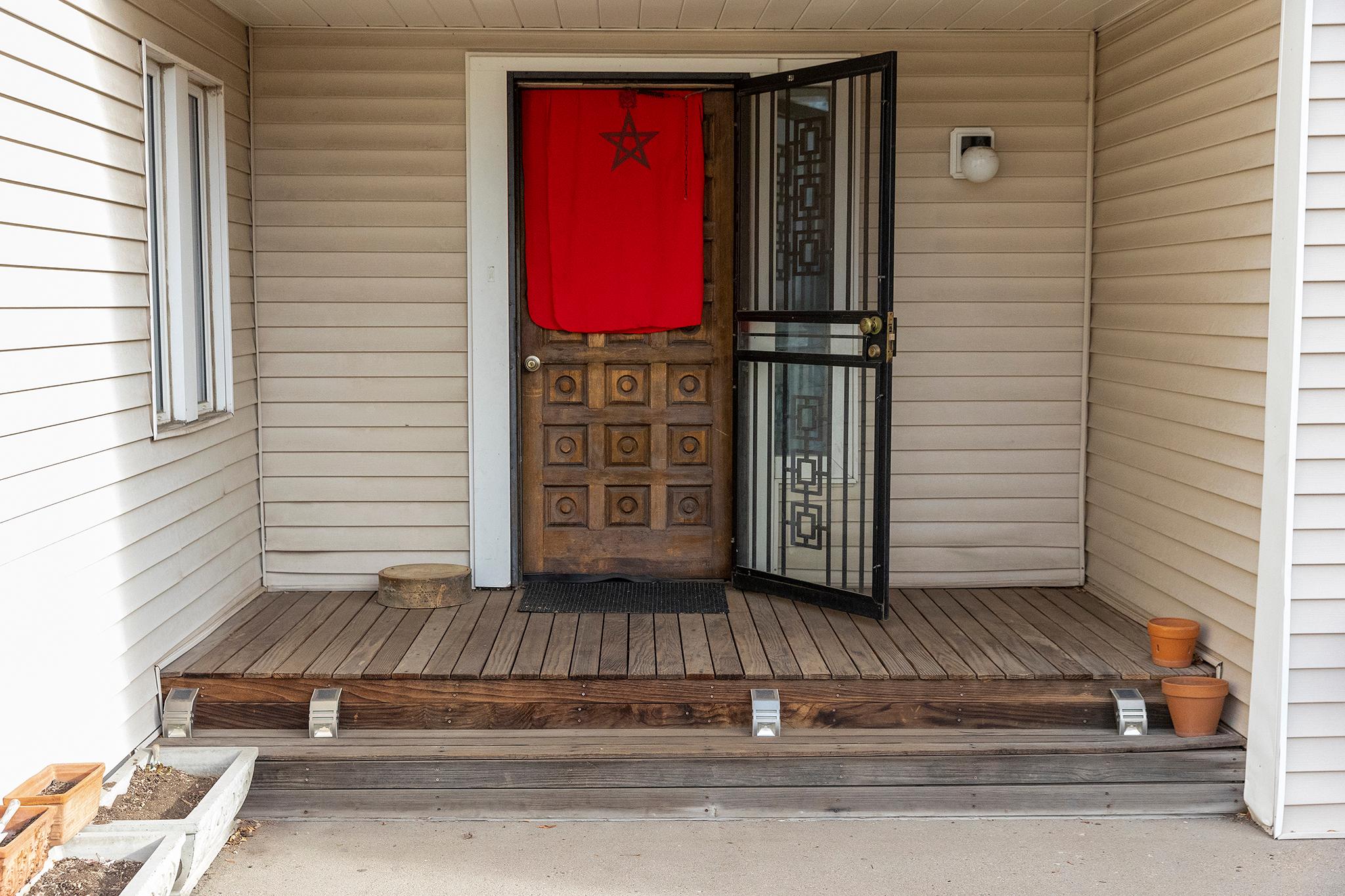
In a tiny Aurora apartment, 14 Moroccan women crowded in front of a TV cheering for a dream
The chants and drums were loud. The food was green and red. It was Tassia Daris' first time hosting the groups' watch parties during the tournament.
"We get together every game. Last time, it was at one of my friend's houses. This time it was in my house," Daris said.
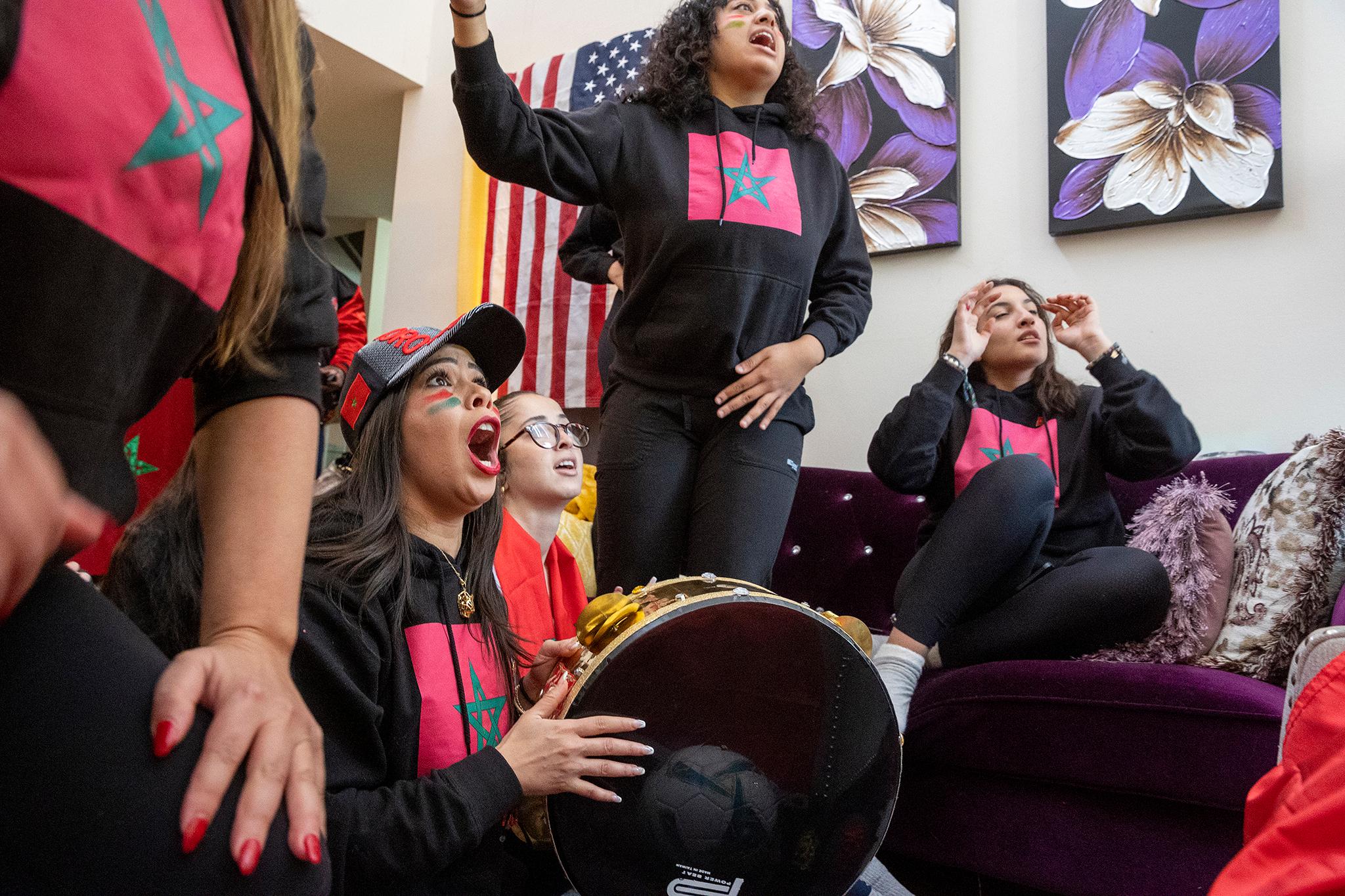
The close-knit group has done everything together from partying to traveling. Morocco's World Cup run has brought the group even closer.
"We have a group on WhatsApp that we start talking about it, the whole time. And we just found ourselves watching," Hanane Ghiwane said. "We keep talking about the games, and it's funny to hear women talking about soccer games."
"My husband is at home by himself," Raja Naslouby joked. "It's better for us to be just women. It's more comfortable. It's good for us to be just us. We're happy. We're proud."
This year's World Cup faced criticism ever since Qatar won the bid to host the tournament in 2010, stemming from the country's anti-LGBTQ laws and the treatment of migrant workers who built stadiums that hosted the tournament.
Western misperceptions of the Arab world are common, especially regarding the treatment of women, also lingered over the tournament.
"They win and the first thing they do is bring their moms out and celebrate with them. They give their moms and their families everything," Malak Belaissalui said. "So, it just shows how much they really value the women in their life the way that actual Moroccans do. So it was nice to see that."
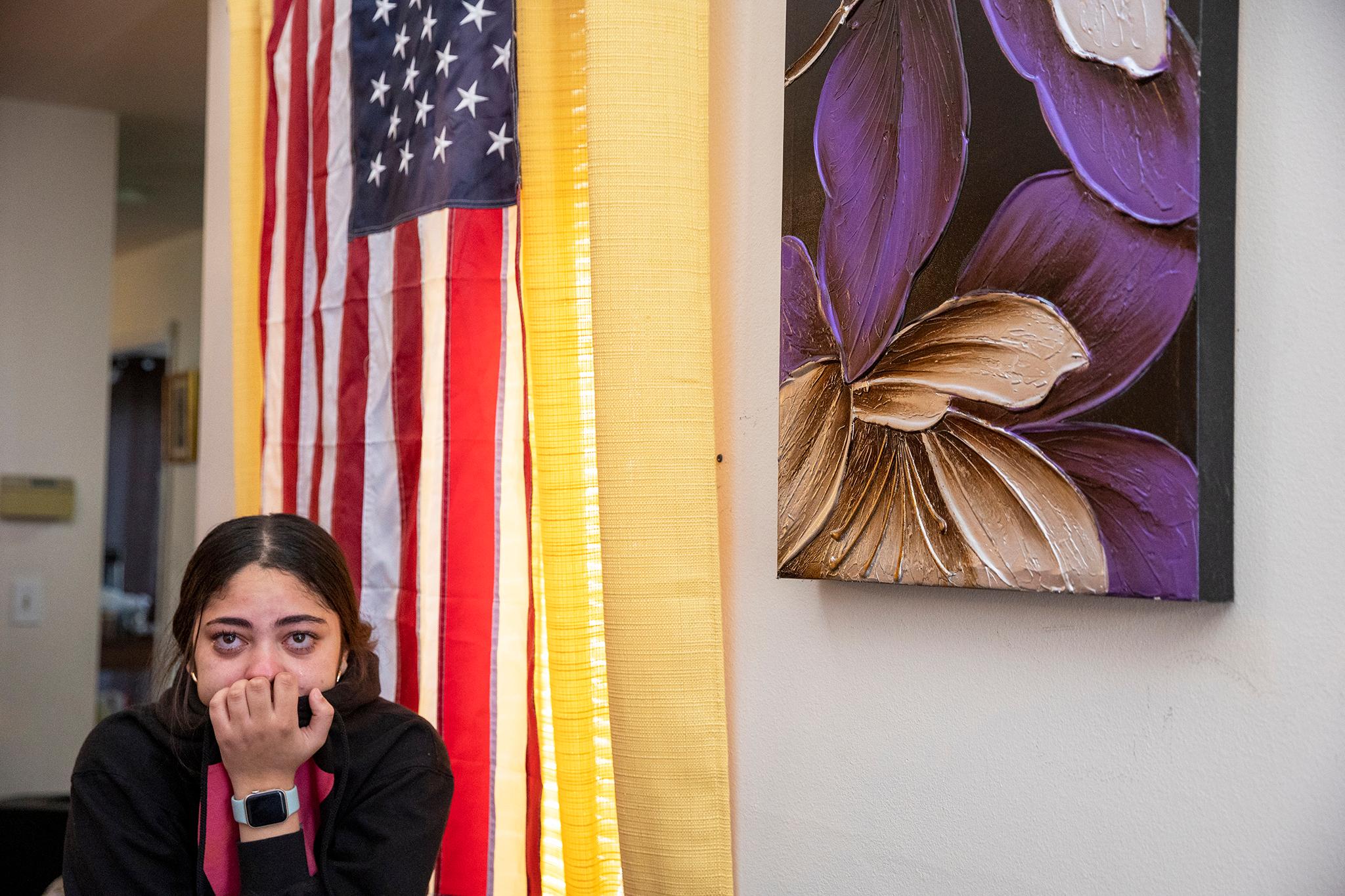
Morocco versus France added more fuel to the fire
Historically, players of African descent have been key to the success of European teams.
France has won two World Cups and other major tournaments with the likes of Zinedine Zidane (Algerian descent), Patrice Evra (born in Senegal), N'golo Kante (Malian descent), and Kylian Mbappe (Cameroonian/Algerian descent).
But Morocco flipped the script.
Stars like Achraf Hakimi (Spain), Hakim Ziyech (The Netherlands), Yassine Bounou (Canada), and Romain Saiss (France) were born or raised outside of Morocco, and they've played for top European clubs. They could have joined Spain, Canada, or - the defending World Cup champions - France. But they pledged their allegiance to their familial home country.
And the world has taken notice.
"The Moroccan blood, once you have it in you, you can't take it away," Bouyad said. "My kids, if they ever become an athlete, they say 'We're going to play for Morocco, for sure!'"
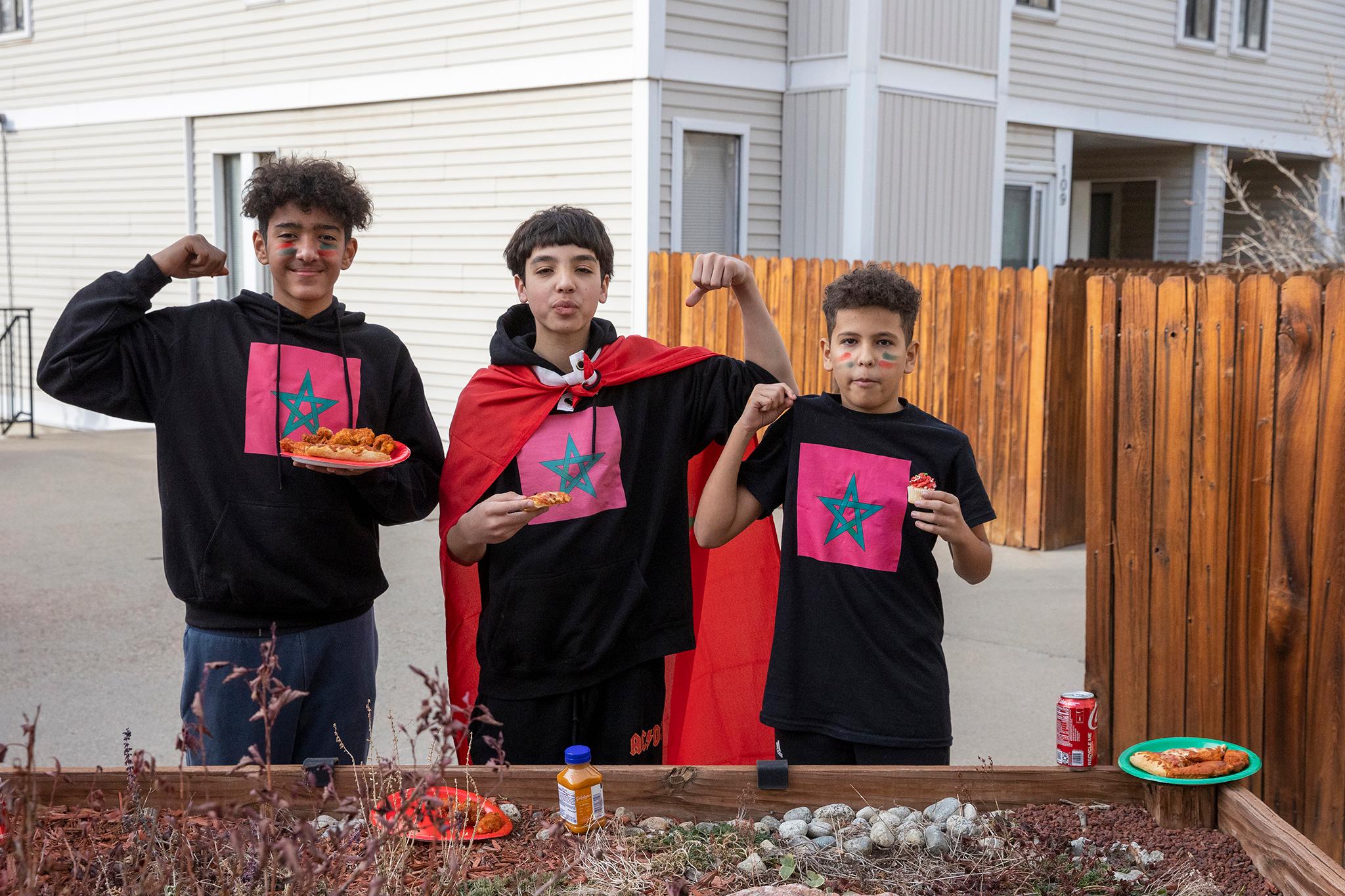
Most everyone is calling it a Cinderella story. Younes Marrakchi, who emigrated from Morocco to the U.S. in 1996 and lives in Denver, disagrees.
"I don't think it is," Marrakchi said. "They don't expect [Morocco] to go far in the tournaments, even though Morocco has quality players that have played or are still playing in Europe."
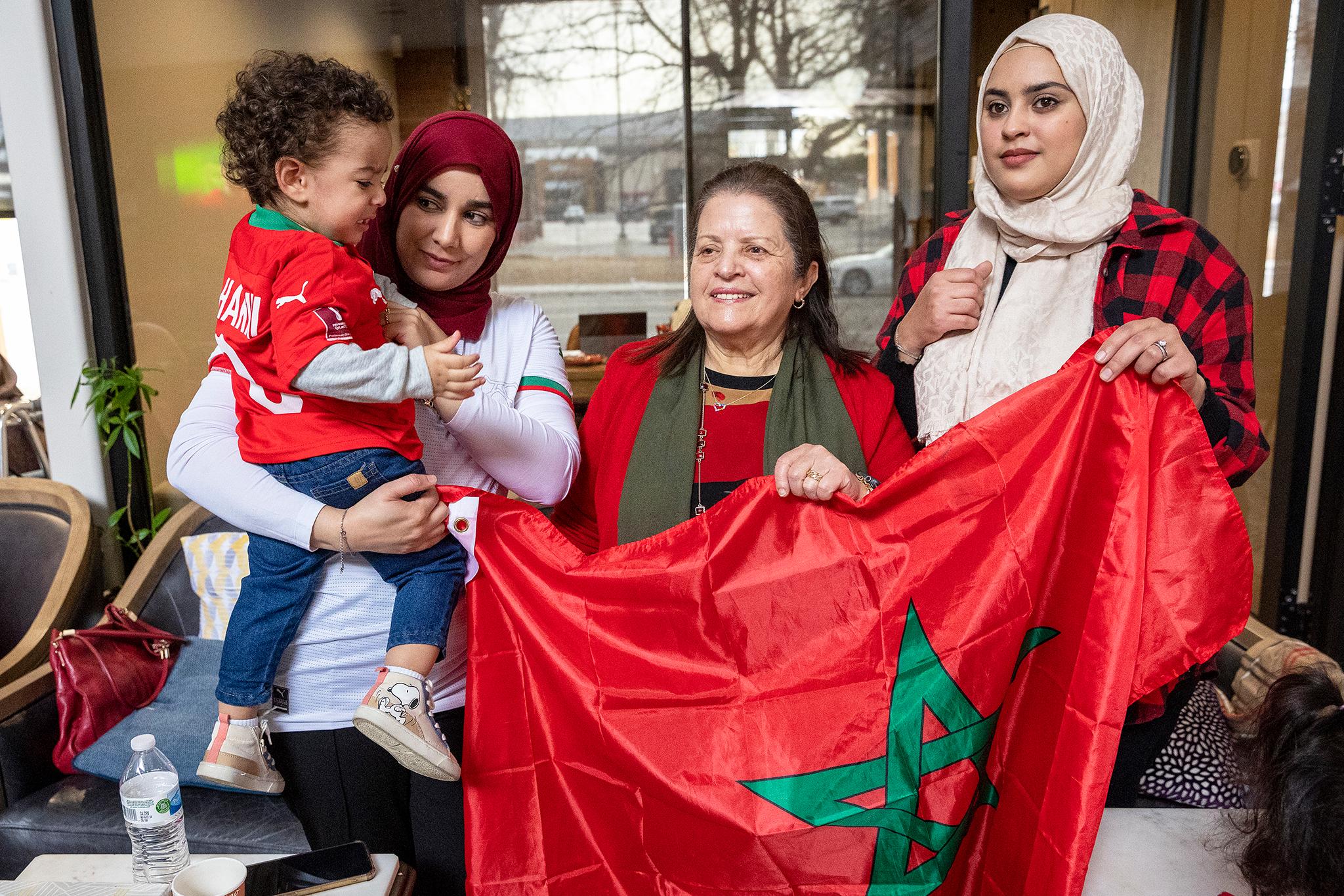
Randal Kolo Muani's goal for France in the 79th minute might have denied Morocco a spot in the World Cup Final against Lionel Messi and Argentina, but it didn't deny Morocco's team a bright spot in history.
"We'll have another great match. We're not done yet," said Ghiwane.
Morocco plays Croatia in the third-place game on Saturday.
